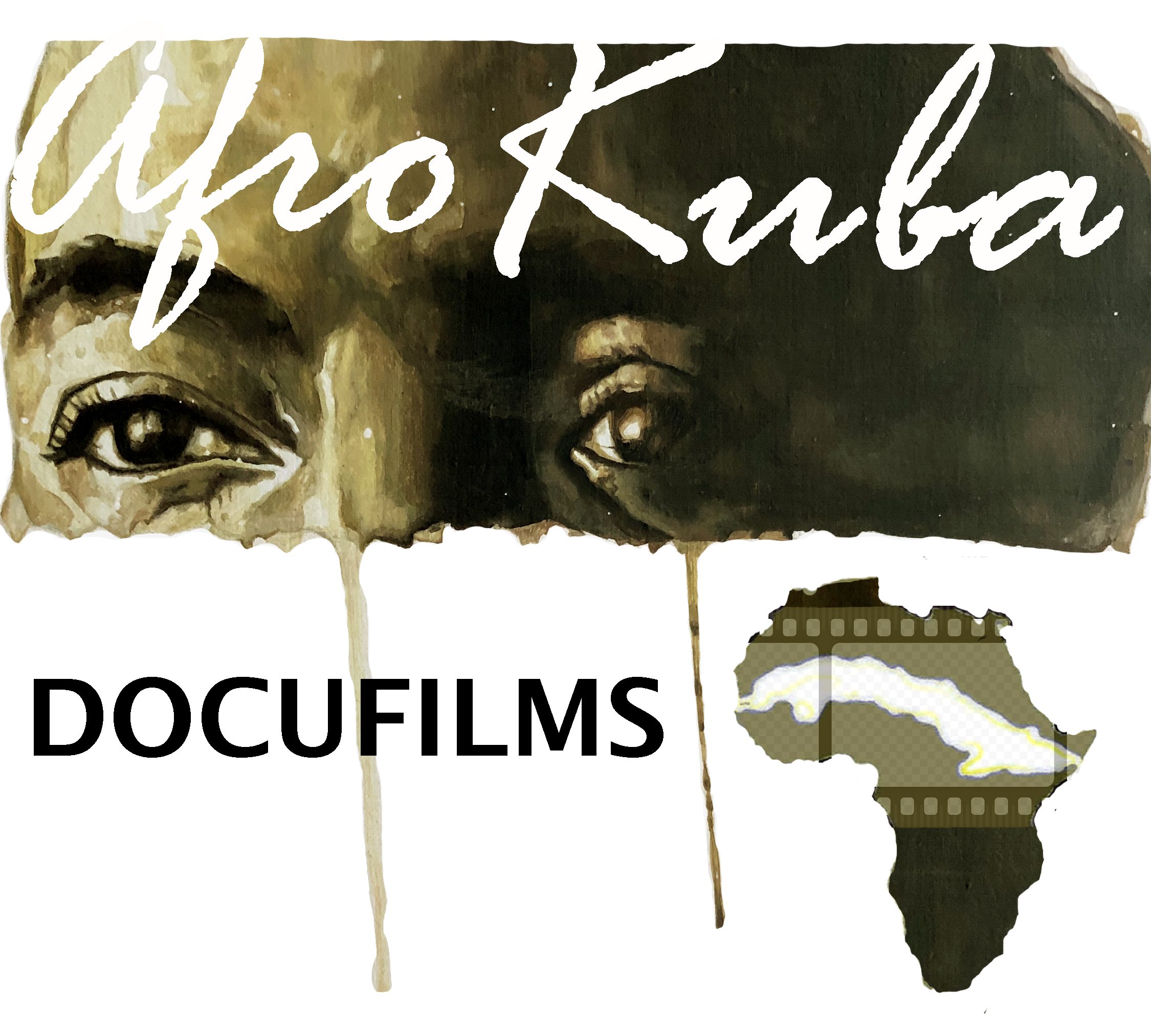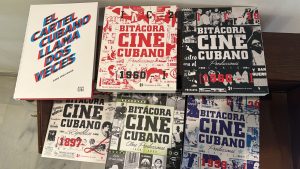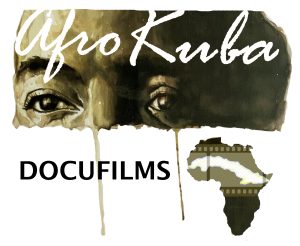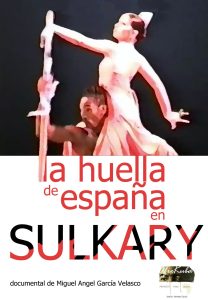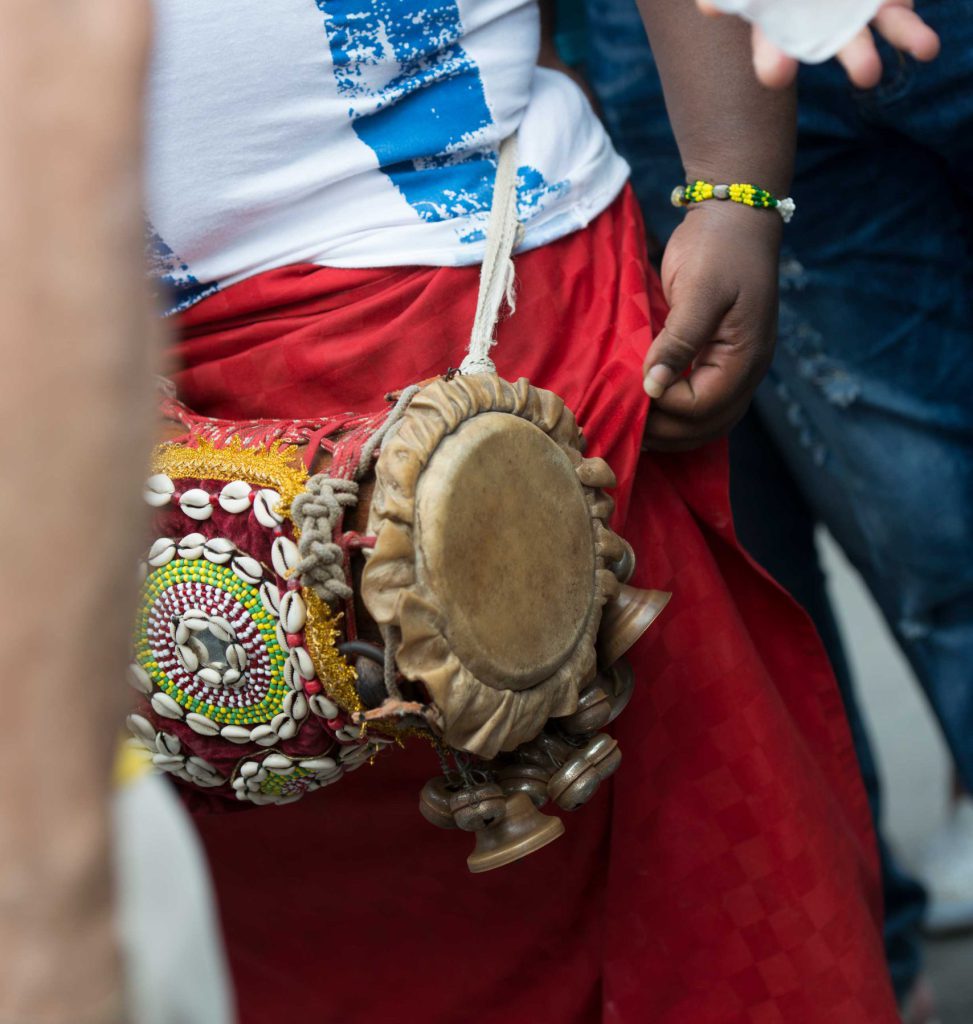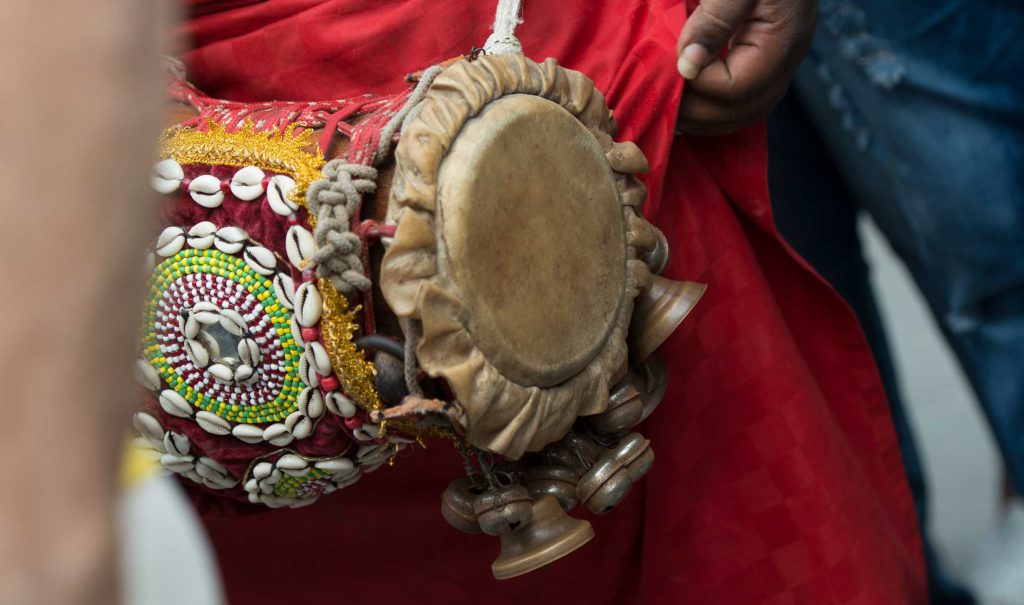Considered a historical document, the project recreates in first person the vicissitudes of this West Indian slave, who became a symbol of the abolitionist movement in England.
According to the book's translator, Ana Elena de Arazoza, the story maintains the essence of Prince's oral storytelling, while noting the challenge of "preserving the warmth and simplicity of the language of an uneducated woman from the early 19th century and bringing it to the present day to captivate readers".

Mary Prince became in 1829 the first black woman to file a petition to claim her freedom before the English Parliament, which became a fact on August 1, 1834.
In 2012 she was recognized as a National Heroine of Bermuda, where her day is celebrated every August 2, as her story and subsequent publication had a significant influence in transforming the perception of slavery, through a narrative marked by painful experiences.
With a completely subjugated family, the iconic woman had five different owners in her life in Bermuda, traveled to London, UK with one of those families and there managed to escape and tell her story.
Recognized as a national heroine in Bermuda, Prince is the symbol of an era and her story becomes the starting point to recover the memory of the African diaspora in America, explained the president of the Institute of Cuban History, Yoel Cordoví.
Source: Prensa Latina
